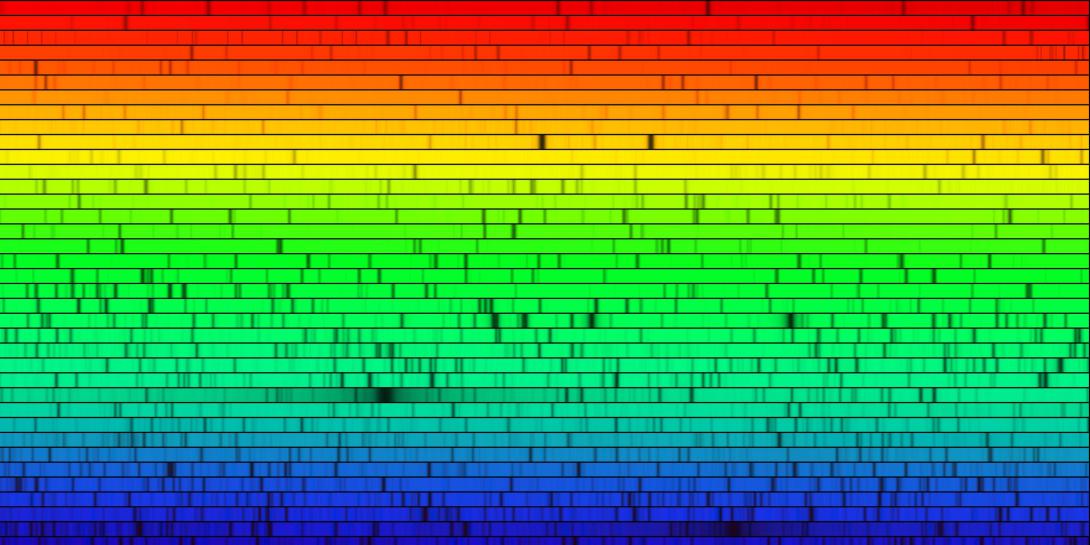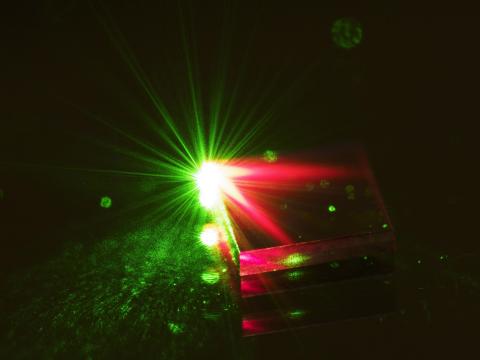NSF Awards $12 Million for Radio Spectrum Research
The National Science Foundation (NSF) recently announced 11 awards, totaling $12 million, to support activities aimed at enhancing the public's access to the radio frequency spectrum, the part of the electromagnetic spectrum used to facilitate telecommunications and modern information systems essential for public safety, transportation and national defense.
These three-year awards continue NSF's ongoing investment in radio spectrum research, which over the past five years has supported more than 140 awards through an investment of over $60 million.
The awards seek solutions along four major axes, including: innovative radio hardware and access architectures to enable spectrum sharing; harmonious co-existence of heterogeneous wireless technologies; development of automated detection mechanisms and compliance certification methods; and spectrum access for science services.
The new awards will support the following principal investigators and projects:
- Automated Enforcement in Spectrum Sharing: Technical Challenges and Policy Considerations, Martin Weiss, University of Pittsburgh; Jung-Min Park, Virginia Tech.
- Overcoming Propagation Challenges at Millimeter-Wave Frequencies via Reconfigurable Antennas, Hani Mehrpouyan, Boise State University; Hamid Jafarkhani, University of California, Irvine; Vida Vakilian, California State University, Bakersfield; Nader Behdad, University of Wisconsin-Madison.
- Mitigating Ultra-Faint RFI to Enable Radio Cosmology, Miguel Morales, University of Washington.
- Real-time Control of Dense, Mobile, Millimeter Wave Networks Using a Programmable Architecture, Nicolo Michelusi, Purdue University; Alexander Sprintson, Texas A&M University; Christopher Anderson, United States Naval Academy.
- Toward Harmonious Coexistence of Heterogeneous Wireless Services, Jeffrey Reed, Virginia Tech.
- Energy- and Cost-Efficient Spectrum Utilization with Full-Duplex mm-wave Massive MIMO, Borivoje Nikolic, University of California, Berkeley.
- Terabit-per-second Scale Networking: Design to Field Trials, Lab to Tower, Edward Knightly, Rice University.
- Blind Source Separation with Integrated Photonics, Paul Prucnal, Princeton University; Shuangqing Wei, Louisiana State University.
- Cloud-based Oblivious Spectrum Mapping and Allocation, John Shea, University of Florida.
- SpecSense: Bringing Spectrum Sensing to the Masses, Samir Das, Stony Brook University.
- Enabling Opportunistic Environmental Monitoring with Non-Uniform Sampling and Processing Circuits, Mike Shuo-Wei Chen, University of Southern California.





Comments